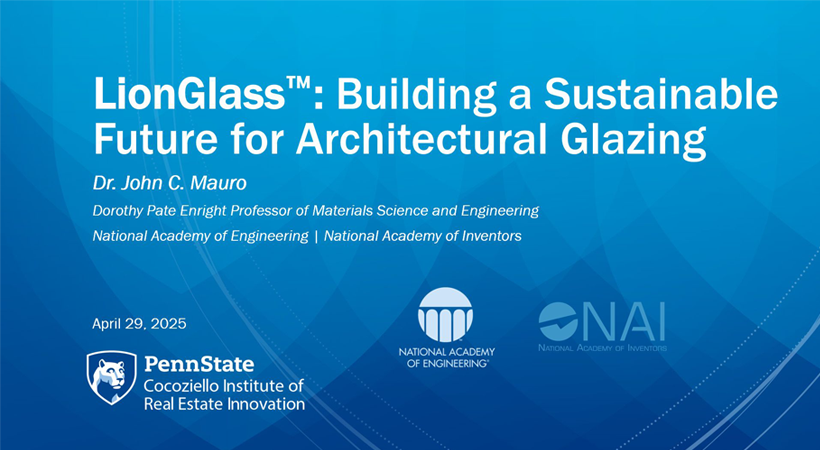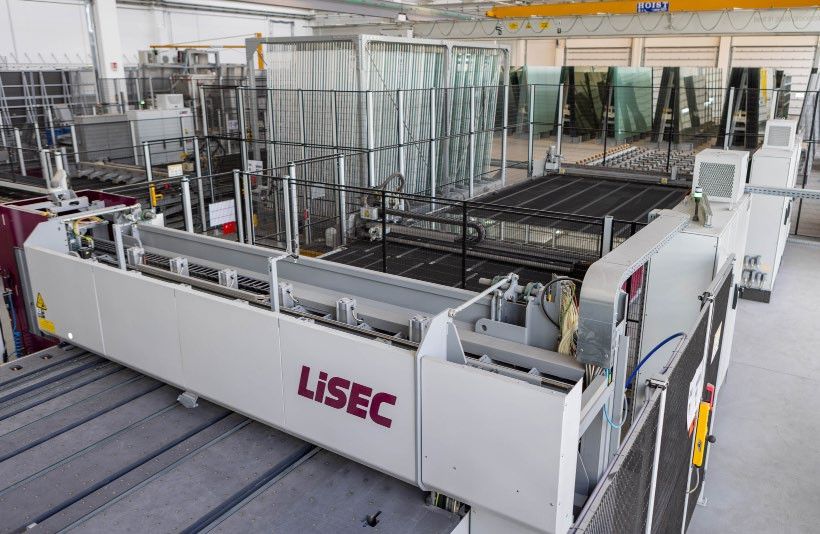The ubiquitous nature of glass in our daily lives, from the windows that frame our world to the containers that hold our sustenance, underscores its importance.
However, the significant environmental impact of traditional glass production presents a critical challenge. In a recent video presentation, Professor John Mauro of Penn State University offered a compelling look into a groundbreaking innovation poised to revolutionize the glass industry: LionGlass.
Professor Mauro, a co-inventor of this innovative material, detailed the latest advancements in the LionGlass project, a family of glasses engineered by Penn State researchers. The core mission of LionGlass is to provide a significantly lower-carbon alternative to soda lime silicate glass, the dominant material in everyday glass applications.
The statistics Professor Mauro shared regarding the carbon footprint of the global glass industry are stark: an estimated 86 million tons of CO₂ are emitted annually, with soda lime silica glass production accounting for over 90% of this substantial figure. This highlights the urgent need for sustainable alternatives.
LionGlass directly addresses this environmental burden through a fundamental shift in its composition and processing. By eliminating the use of carbonate batch materials, a key contributor to CO₂ emissions during melting, and boasting a melting temperature approximately 400°C lower than conventional glass, LionGlass drastically reduces the energy required for production. This lower energy consumption translates directly into a lower carbon footprint.
Beyond its environmental advantages during production, LionGlass also offers enhanced performance characteristics that contribute to further sustainability gains. With approximately ten times greater crack resistance, LionGlass opens the door for manufacturers to produce lighter glass products. This reduction in weight not only minimizes the amount of material used but also significantly lowers transportation emissions, a vital component of overall product lifecycle sustainability.
Professor Mauro also shared encouraging news from LionGlass’ first pilot-scale trial conducted with the esteemed Italian glassmaker Bormioli Luigi in Murano. The successful production of glass cups during this trial serves as a powerful demonstration of LionGlass’ scalability and potential for real-world implementation. This successful trial is a testament to the ongoing collaboration between Penn State University and Bormioli Luigi, who entered into a partnership in 2024 with the strategic aim of scaling up LionGlass production, particularly for luxury beauty product bottles.
The developments surrounding LionGlass, as presented by Professor Mauro, offer a hopeful glimpse into a future where the essential material of glass can be produced and utilized with significantly less environmental impact. The combination of reduced production emissions, enhanced durability leading to lighter products, and demonstrated scalability through industry partnerships positions LionGlass as a key player in the global transition towards a more sustainable materials landscape. We look forward to seeing the continued impact of this pioneering research and its widespread adoption across various glass applications.
Source: LionGlass with additional information added by GlassBalkan








